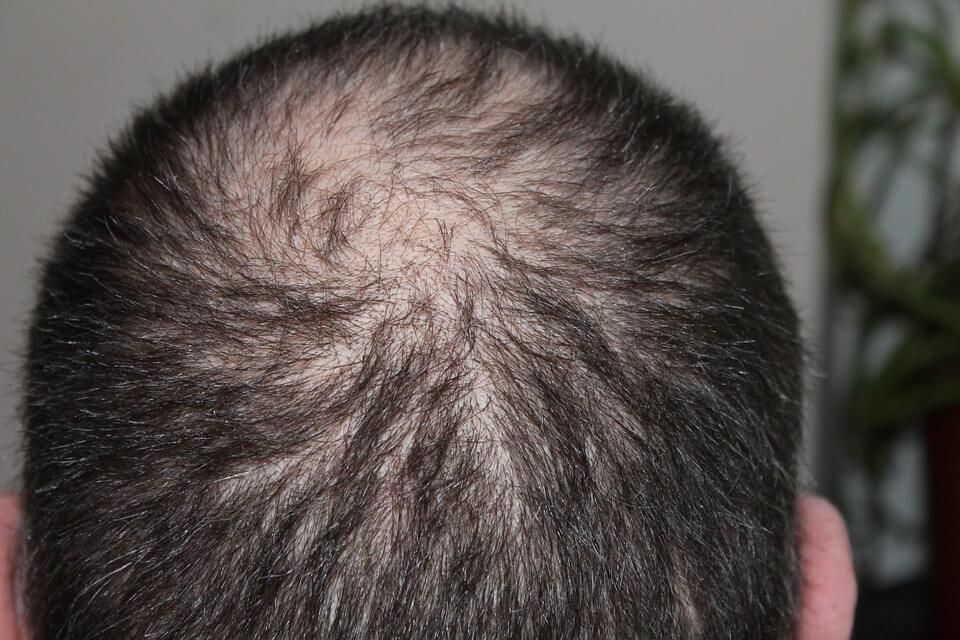
Hair transplant surgery involves filling up an area of the scalp with thin or no hair. The two popular hair transplant methods are follicular unit strip surgery and follicular unit extraction. Some people are quite passionate about their hair and losing hair is a traumatic experience for them. Baldness can be cured with a hair transplant but it is not a foolproof method as you might need several hair transplant sessions if you continue to lose hair or if you want thicker hair.
You need to take into consideration important tips for recovery after hair transplant as after the surgery your scalp may become very tender. You might have to take pain medications like antibiotics or anti-inflammatory drugs for several days and wear bandages over your scalp for a few days post-surgery. Most people can return to work after four to five days of hair transplant surgery. The transplanted hair will start falling out within two to three weeks of surgery and most people will see seventy percent of new hair growth after six to nine months.
As with any kind of surgery, hair transplants have some risks including bleeding and infection. There are chances of scarring on the scalp and unnatural-looking new hair growth. Some people might develop inflammation or an infection of the hair follicles and there is also a possibility of suddenly losing some original hair in the area where you got the new strands, called shock loss. It is advisable to consult with your doctor about the side effects and risks involved in hair transplant surgery. He can help you decide if it is a good option for you and how much improvement you can get after the surgery.
Avoid smoking and drinking alcohol as much as possible to maximize healing after hair transplant surgery. Prevent exposure of your scalp to strong sunlight and chlorinated water for two to three weeks after hair transplant. The use of hairstyling products should be avoided in the first week after surgery as the chemicals they contain may harm your grafts.
To get the best results from a hair transplant, your dermatologist may recommend medicines that treat hair loss as it can continue even after a hair transplant. Certain medications can prevent or slow down new hair loss and thinning. Avoid vigorous exercise for a few weeks after hair transplant surgery as it may increase scalp pain and swelling on your face. Avoid wearing T-shirts or pullovers after a hair transplant to prevent pressure on new hair follicles so that they stay intact. Avoid applying oil on the scalp and do not go for your sessions and swimming and gym activities for at least three weeks. Do not apply hair dyes or go for any haircuts, and avoid using your nails to apply shampoo on the scalp. Take a mild bath and ensure that you stay away from a harsh shower flow. Keep a soft pillow under your head while sleeping to minimize swelling and be careful while combing to prevent injury to the scalp. You can learn more about hair transplant by doing an extensive internet search.
Also known by the name Hair Restoration Surgery, Hair Transplant Surgery is a surgical procedure through which hair can be restored on the bald parts of the scalp. Doctors transfer the hair from the donor to the recipient’s sites of the scalp....